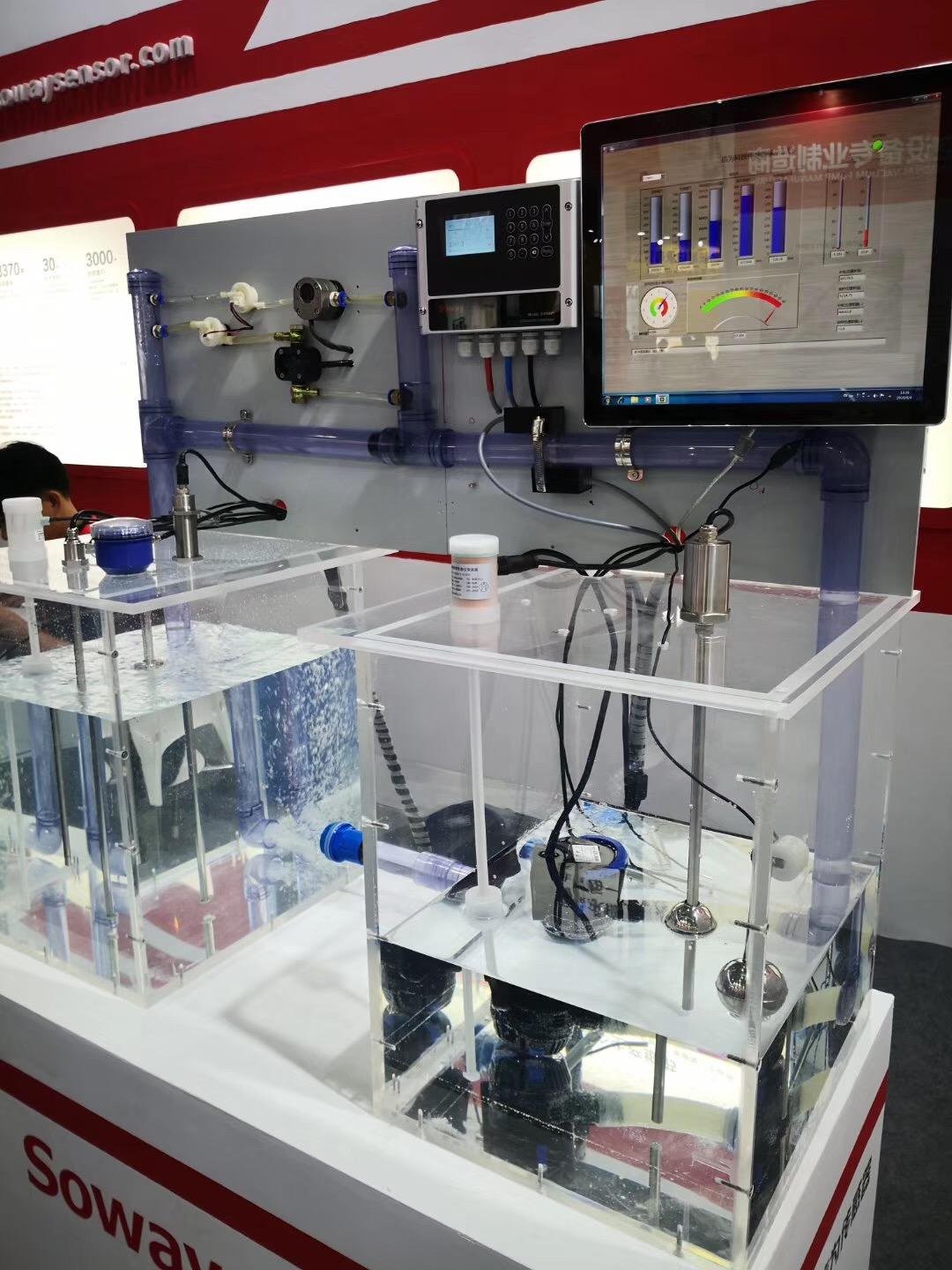Which sensors can be used in smart home systems
The sensor is a detecting device that can sense the measured information and can transform the sensed information into an electrical signal or other required form of information output to meet the information transmission, processing, storage and display, record and control and other requirements. Today, sensors are the basis for control of smart home control systems. With the development of technology, more and more sensors are used in smart home systems, such as washing machines, refrigerators, televisions, microwave ovens, etc.
Check out the various sensors used in smart home systems today.
(1) Pressure sensors are used as water level switches or more complex devices, such as monitoring of foam levels in washing machines and dryers.
(2) Chemical sensors are used for water quality monitoring. Monitoring parameters include turbidity, color, surface tension, detergent solubility, pH, etc., and then determine the number of rinse cycles (solution sensing system).
(3) The photoelectric system is used to monitor the turbidity of the washing machine so that the number of flushing cycles is consistent with the actual needs (aqueous agent system).
(4) The electromagnetic sensor is used in the dishwasher to control the movement of the spray arm.
Advanced sensors are also used in many other appliances
(1) Non-contact detection systems, for example, micromachined thermocouple infrared sensors for temperature control, which can also be used in cookware, hair care appliances and toasters.
(2) Flow sensors can be used to detect air quality in electric fans and vacuum cleaners.
(3) Acceleration and slope sensors can be used in electric arcs.
(4) Intelligent multi-gas sensor (artificial nose) can be used in automatic accompanying baking control.
Sensors for heating and temperature control are: temperature sensors and switches, pressure sensors and switches, gas and liquid flow sensors. Temperature control is one of the earliest established and most important functions in home appliances. A good example is the uranium resistance temperature sensor based on advanced film fiber technology, which is commonly used in kitchen hot plates and ovens.
The reed switch is a typical example of long-distance sensing technology. It is used in thousands of electrical equipment. Applications of reed technology include: 1 turbine meter to measure liquid flow; 2 water level monitoring, for example in a coffee machine, or water level for monitoring softeners and clarifiers in a dishwasher; 3 dishwasher spray arm movement Control; 4 washing machine drum position detection; 5 electrical door detection safety control; 6 electric toothbrush; 7 reed sensor in carpet vacuum cleaner; 3 ** chair, bathtub lift and hospital bed movement or final position detection.
Take some new or improved sensors for smart small appliances as an example:
(1) The combination of sensor and non-contact temperature dispersion identification can be used for automatic baking control, for long-distance non-contact temperature, humidity and color detection of hair care devices.
(2) Smart medical sensors are used for protective equipment. An improved UV sensor is used in the device as a protection against allergy to UV light.
(3) Intelligent shoes can use the acceleration sensor to measure the movement of the footsteps, and also calculate the distance between the runners and the walkers.
(4) The distance sensor and pressure sensor are used to adjust the blade during use of the razor.
(5) In many kitchen appliances, some sensors can be used to implement automatic cooking functions, such as determining the state of the food and monitoring for possible accidents.
